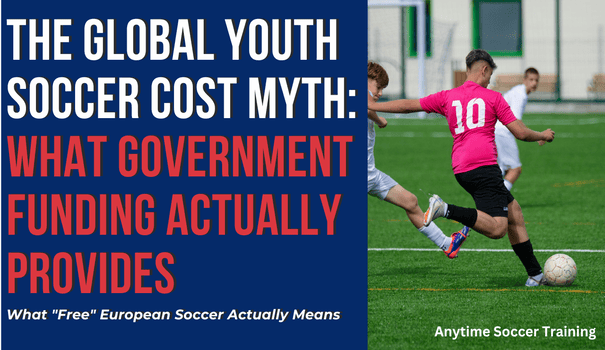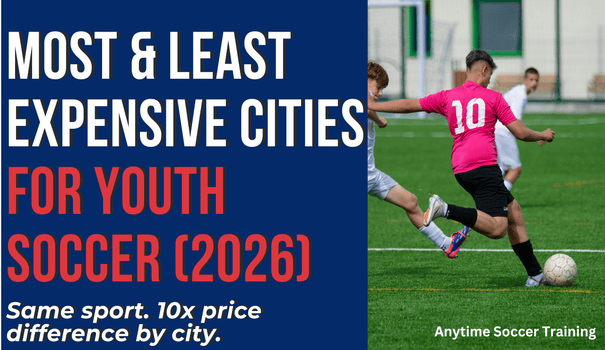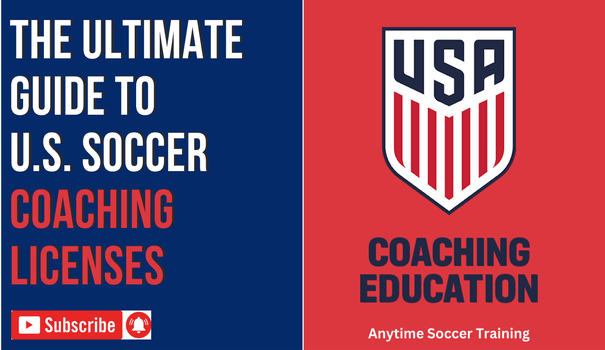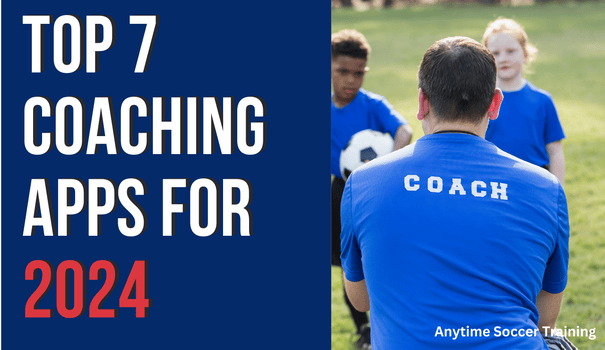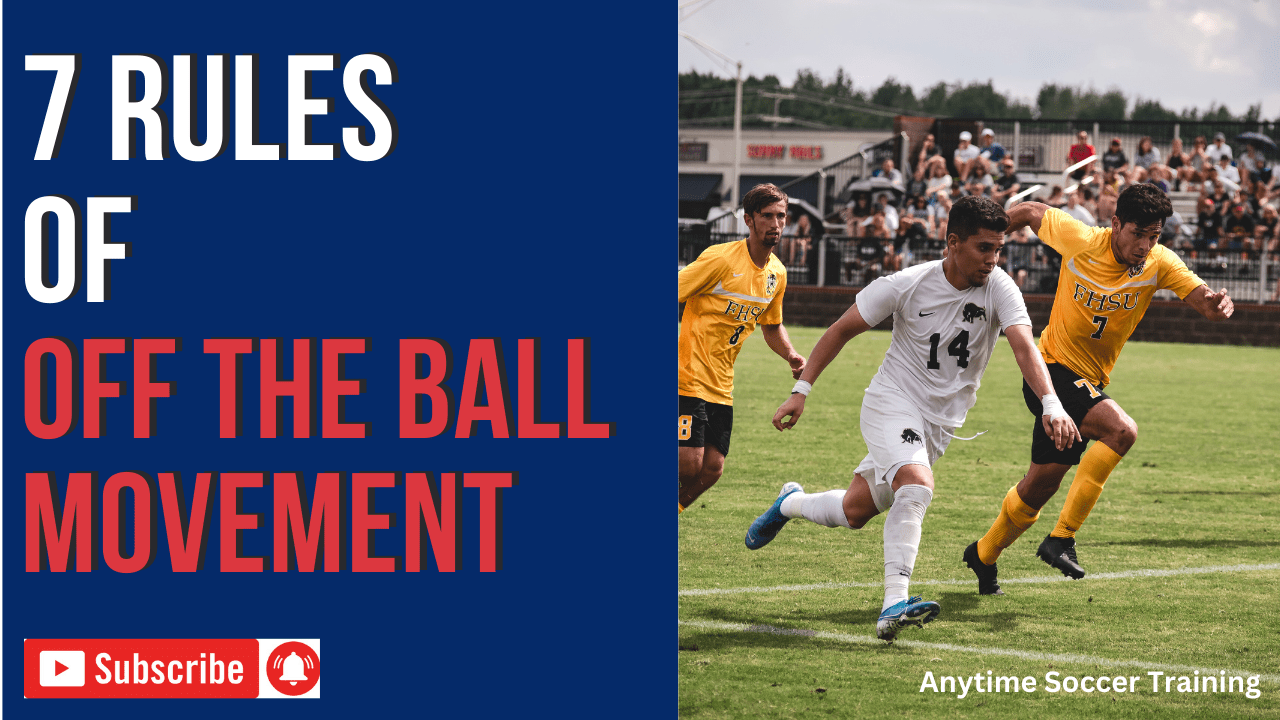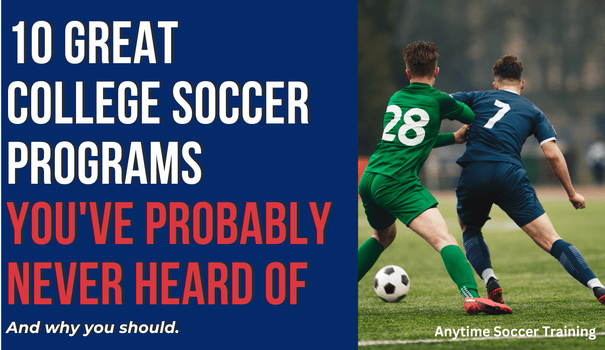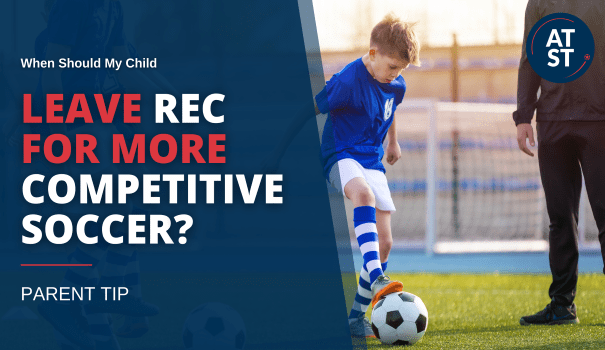
One of the most common questions soccer parents have is,
“Should I pull my child out of recreational soccer and have them join a travel club team?”
The answer is not a simple yes or no, as there are several factors to take into account.
A Common Story
You might have heard of this scenario before. A child is playing soccer in a recreational league, having a great time, and scoring plenty of goals. Then, a coach or parent suggests that the child should try out for a travel soccer club, and without much consideration, the child is off to their first tryout.
While this can be a positive move for some kids, it may not work out for others. The reason is that competitive soccer demands a higher level of dedication and involvement from the entire family.
Not every child (or parent) who enjoys recreational soccer is willing to commit to the level of effort required to succeed in the competitive soccer scene.
Attending School vs Competing in the National Spelling Bee
Choosing to switch from recreational soccer to competitive soccer can be compared to a high-achieving student participating in the Scripps National Spelling Bee.
Competition can be fun and provides a wonderful opportunity to compete and learn unique life lessons. However, the child (and parents) should be motivated to make the extra commitment and put in the extra time that is required to compete.
Key Considerations:
- Skill Level: Passion alone isn’t enough. Ensure your child has the skills to compete and not be sidelined.
- True Commitment: Have an open discussion about the additional practices and travel. Ensure their heart is truly in it.
- Family Readiness: Consider the financial and time impact on the entire family.
Additionally, it is crucial that the child is mentally and emotionally prepared to handle the added pressure that comes with heightened expectations and the possibility of more frequent losses.
It’s important to keep in mind that while competitive soccer and the national spelling bee can be valuable experiences, they are not necessary for a child to lead a happy, active, and intelligent life.
Therefore, if you decide to pursue the ultra-competitive route, it’s essential to ensure that your child is motivated and genuinely enjoys the activity and that you, as a parent, are ready to provide them with the necessary support and guidance. Below are more helpful tips.
Does Your Child Have the Necessary Skills to Compete?
When it comes to competitive soccer, passion alone isn’t always enough. Your child may be passionate about the sport but may lack the necessary skills to compete at a higher level, which could lead to limited playing time on the field.
Unfortunately, competitive soccer teams naturally place more emphasis on winning, which means less talented athletes don’t always get much playing time. And even when adults are trying to be fair, the teammates may act negatively towards the less skillful players.
Related: Start Training With Anytime Soccer
As a parent, it’s important to have an open and honest conversation with your child about their skill level and create a plan for improvement. This may involve spending more time practicing in the backyard, attending weekly soccer skills clinics, or seeking the guidance of a professional coach.
Is Your Child Truly Committed?
Before enrolling your child in a competitive soccer program, it’s essential to ensure that their heart is truly in it. Talk to your child about the additional commitment required, such as extra practice and travel, and gauge their interest in pursuing this level of competition.
Related: Training Your Own Child
It’s also important to ensure that your child is not joining a competitive team solely because their friends are on it. If they are genuinely interested in taking their skills to the next level, it’s worth exploring the option further. However, if they are not fully committed, there are other avenues for enjoying the sport, such as recreational leagues or pickup games with friends and family.
Before they join the team, be certain that your child’s heart is in this for real. For example, my younger son’s team has an extra practice day on Fridays. I made sure he was up for it as part of our decision. So far Friday is one of his favorite days as a result.
Is Your Family Ready for the Additional Commitment?
Travel soccer comes with additional costs, travel, and time commitments. It’s important to consider not only the financial impact but also the impact on your family’s schedule, including the potential effect on other siblings’ activities.
Before committing to travel soccer, consider alternative options such as skills clinics or backyard practice sessions to help your child develop the necessary skills and confidence to compete at a higher level. If you have other children, you’ll often be taken away from their activities as well. So there is a lot to consider.
An Alternative to Travel Soccer: Soccer Skills Clinics and Home Practice
For parents who are not quite sure if travel soccer is the right fit for their child, there is an alternative approach that can help enhance their soccer skills without the year-round commitment and additional cost. One suggestion is to sign your child up for weekly soccer skills clinics or help them practice at home.
These clinics tend to focus on skill mastery and individual player development, providing an opportunity for your child to improve their soccer skills and for you to observe how they respond to such training. This can be a helpful indicator before making the full commitment to travel soccer.
By participating in these clinics and practicing at home with your help, your child can acquire the necessary skills and confidence to compete at a higher level. They can also continue to play in their recreational or challenge leagues, taking on an even greater leadership role.
In Summary
Competitive soccer can be an incredibly rewarding experience for both the child and the family. However, it’s important to have a thoughtful conversation with your child about their interest, skill level, and commitment before enrolling them in a competitive program.
Remember, each year it’s their choice to continue, so make sure that the decision is one that is mutually beneficial for everyone involved.




